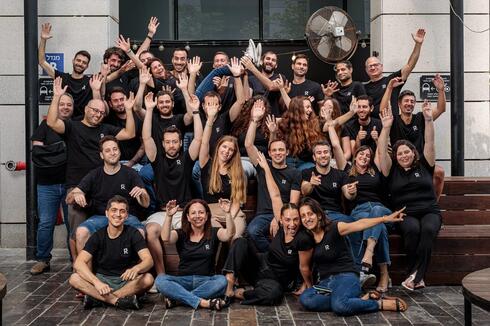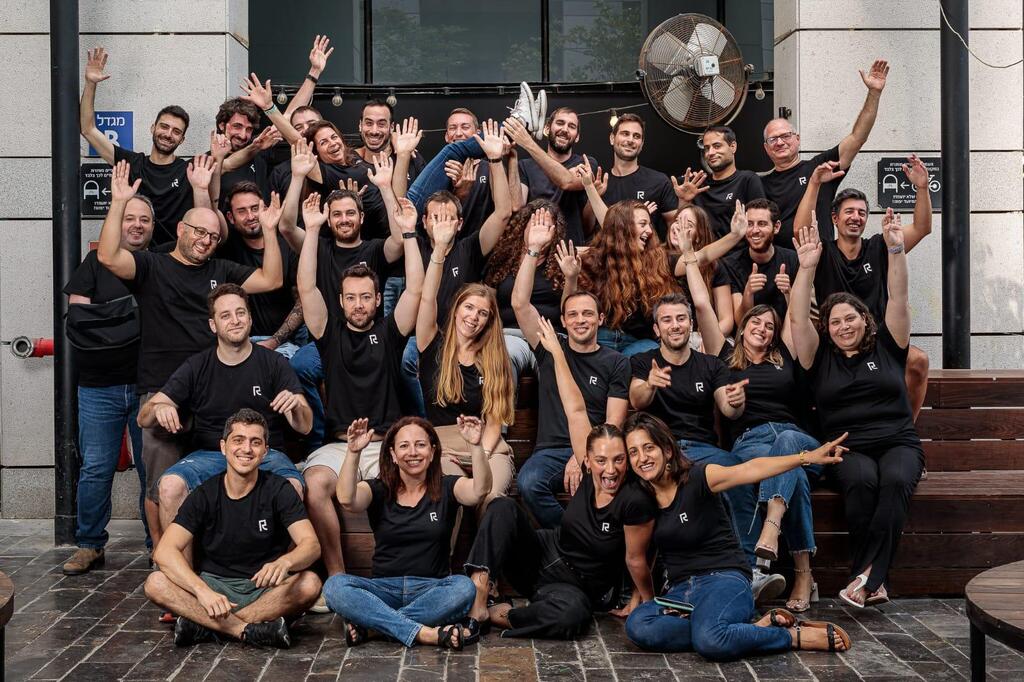
Israeli high-tech since the start of the war: $3.1 billion raised and $3.7 billion in M&As
Despite the unprecedented challenges of having about 15% of their workforce drafted into the IDF reserves and the near-complete air blockade on Israel, local startups continue to thrive, according to a report by Startup Nation Central
How has Israeli high-tech weathered the storm of the events of 7/10 and the ongoing war that followed? A report by Startup Nation Central analyzing the nearly six months since Hamas’ horrific attacks shows that the industry may not be growing, but it is certainly functioning amid two unprecedented challenges: about 15% of its workforce being drafted into the IDF reserves and the near-complete air blockade on Israel, making business travel difficult.
SNC notes that despite the difficult conditions, investment trends in the Israeli high-tech sector over the last half-year are consistent with those in the U.S.
According to SNC, there were 220 private investment rounds announced since October 7th with an estimated $3.1 billion raised. The average investment amount was $19 million, skewed by several huge fundraisings closed before the war, including a $265 million round for Next Insurance led by foreign venture capital funds and a $118 million fundraising by VAST Data, valued at $9 billion.
In total, SNC notes 12 funding rounds of more than $50 million in the last half-year. Cyber was the most prolific sector, attracting $1.1 billion, signaling that its image was not tarnished despite the major intelligence failure on 7/10. Another standout area in fundraising is fintech and corporate software, which each raised half a billion dollars in total.
The mergers and acquisitions market was busier than usual, mainly due to consolidation in the cyber sector that started last summer. Israeli cyber benefited from this trend, driving $3.7 billion in transactions. However, the largest and only exit reaching $1 billion, came from a very non-high-tech sector: the sale of mattress marketer Resident for $1 billion to Ashley Home in early March.
The second-largest exit was the sale of cyber startup Talon for $625 million to Palo Alto Networks. Other cyber M&As included Dig Security (acquired for $350 million), Avalor (acquired for $350 million) and Gem (acquired for $350 million). Flow Security and Spera Security were acquired for $200 million and $130 million, respectively.
A total of nine companies were sold for over $100 million since the war began. While these are clearly short-term successes, in the long term, it raises the question of whether Israel is reverting to the pattern of developing technology and selling it at an early stage to major players without growing major companies.
Although most investments and purchases were made by foreign players, SNC data shows that over 20 new venture capital funds were established in Israel, raising $1.7 billion. Notable fundraisings include Team8, which raised half a billion dollars, and two Red Dot Capital funds, which raised $250 million. Eleven of the new funds are emergency funds set up to help startups affected by the war, such as the Google Support Fund, Iron Nation Fund, and 1948 Ventures.
Overall, the SNC report indicates that the rate of investment in startups has stabilized at half a billion dollars per month since the war, and mergers and acquisitions reached a peak of $2.6 billion in March, in what appears to be a trend that will only increase as many companies begin to run out of money in the coming months. The missing piece in Israeli high-tech is still public funding, with no IPOs expected at this stage and the window only expected to really open in early 2025.














